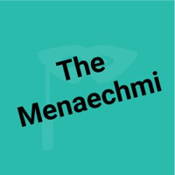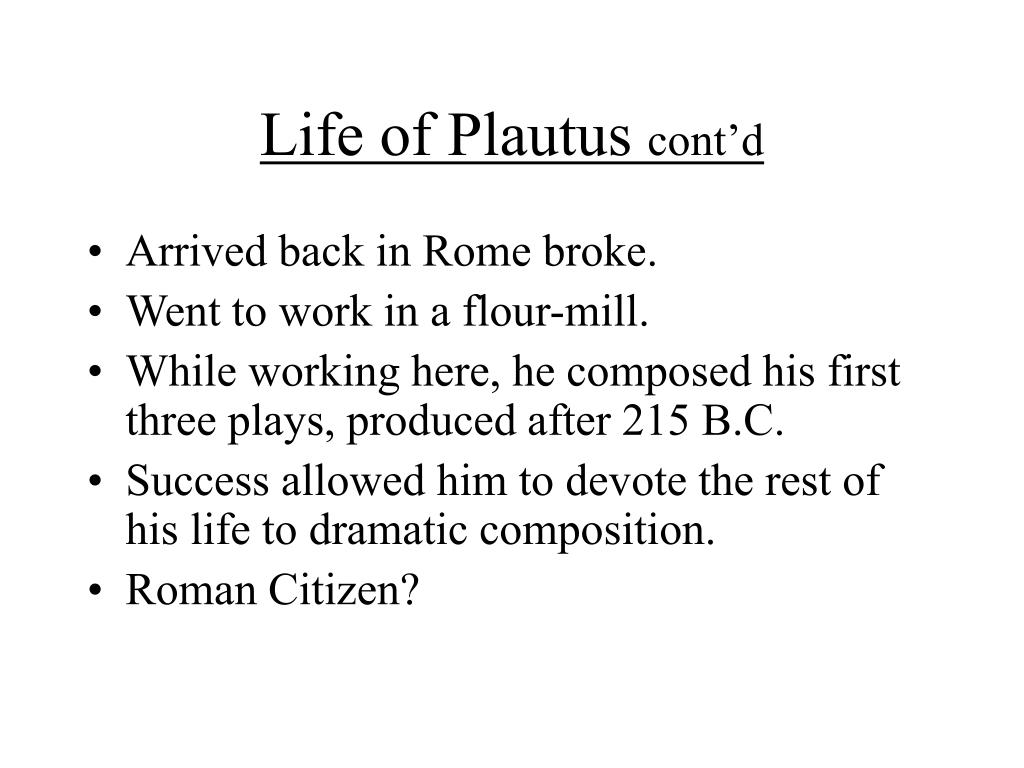

How and why this comedy, among the twelve-or twenty in all-acquired such widespread favor during the sixteenth century has not as yet formed the subject of comparative inquiry. Few would have read the play, much less witnessed it, at school. The "new" plays did not become widely available until the first printed edition of the comedies in 1472, though manuscript copies had circulated. In 1493 he took three productions to the Sforza court in Lombardy, an event which, as Thomas Tuohy observes, "suggests the preeminence ofthe d'Esté theatre at that date."3 We may find it difficult to believe that some ten thousand spectators saw Ferrara's first Menaechmi performance.4 Certainly one reason for choosing Menaechmi for this occasion-both celebrating the Este-Gonzaga union and inaugurating a theatrical venture-would have been its relative unfamiliarity, being part of the manuscript discovery by Nicholas of Cusa, about 1428, of twelve hitherto unknown comedies by Plautus. In all, between 14 Ercole had an active role in presenting at least fourteen different plays by Plautus and Terence. Ercole d'Este's Ferrara, in fact, took a lead in the staging of 255 256Comparative Drama Roman comedy. The first publicly performed play in Ferrara,this lively comedy oftwins and mistaken identity appears, more significantly, to have been the first classical comedy so presented in vernacular translation.1 A contemporary chronicler, describing the play as"beletissima e piacevole," reports that the production showed die traveling Menaechmus arriving in a galley with a sail, while the resident brother's citywas realisticallyrepresentedandpainted in thebackground.2 Enthusiasm sparked another performance of this play at the festivities for the marriage ofyoung Alfonso d'Esté and Anna Sforza, daughter of the duke ofMilan, as one ofthree plays on successive February nights of 1491. Thousands witnessed, with fireworks and other holiday events, the staging of Plautus's Menaechmi. Consider, for example,tìiat watershed in die history ofEuropean theater occurring at Ferrara on 25 January I486, with Duke Ercole I's carnival entertainments honoring Francesco Gonzaga, betrothed to Isabella d'Esté.


Fall/Winter 2003-04 Menaechmi and the Renaissance ofComedy Richard R Hardin If The Comedy of Errors remains, for English speakers, the supreme instance ofthe Menaechmi contribution to drama, that play deserves to be seen as part of a larger picture of European, including English, comedy. In lieu of an abstract, here is a brief excerpt of the content:ĬOMPARATIVE F?9?F Volume 37 Nos.


 1 kommentar(er)
1 kommentar(er)
